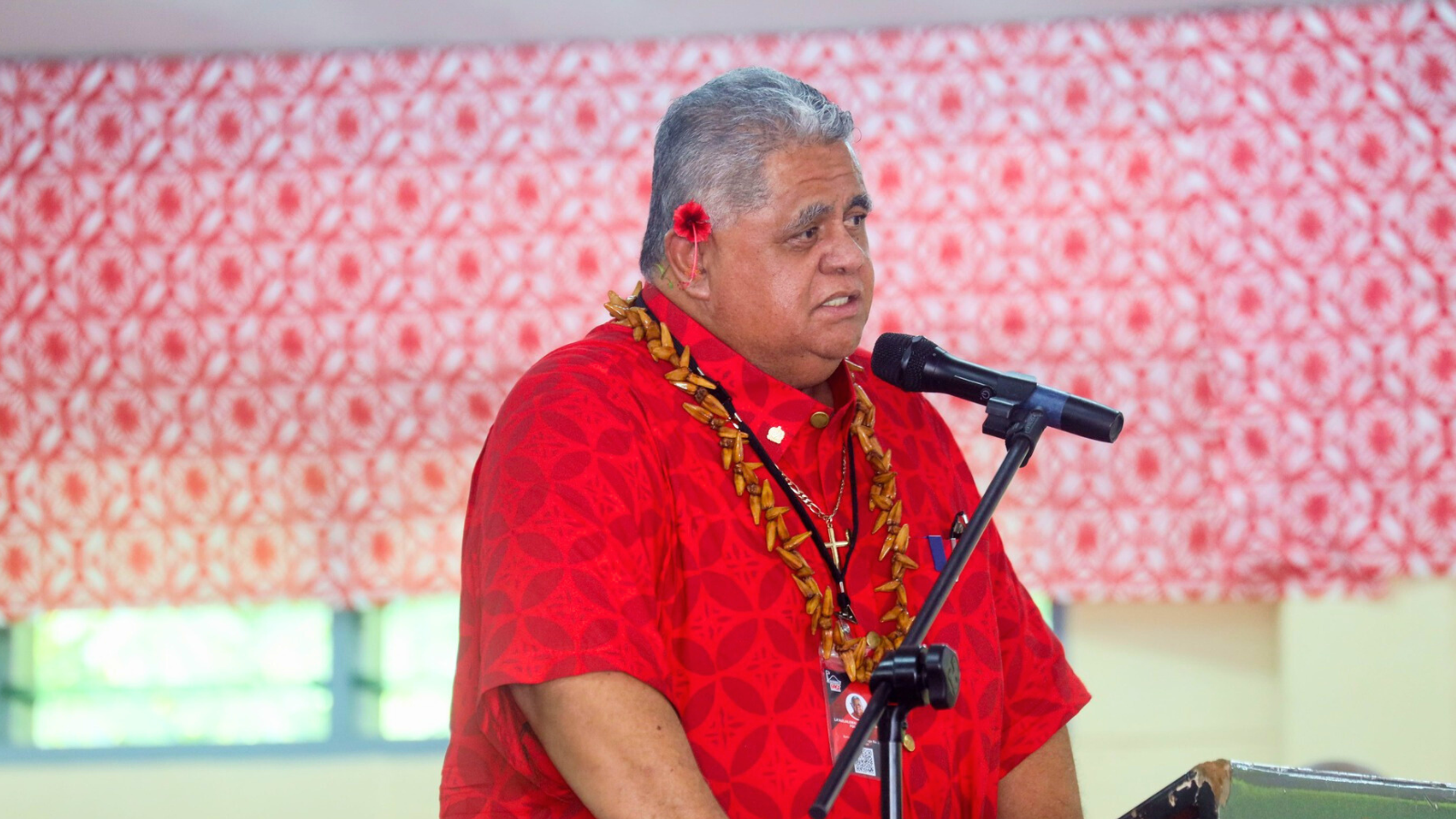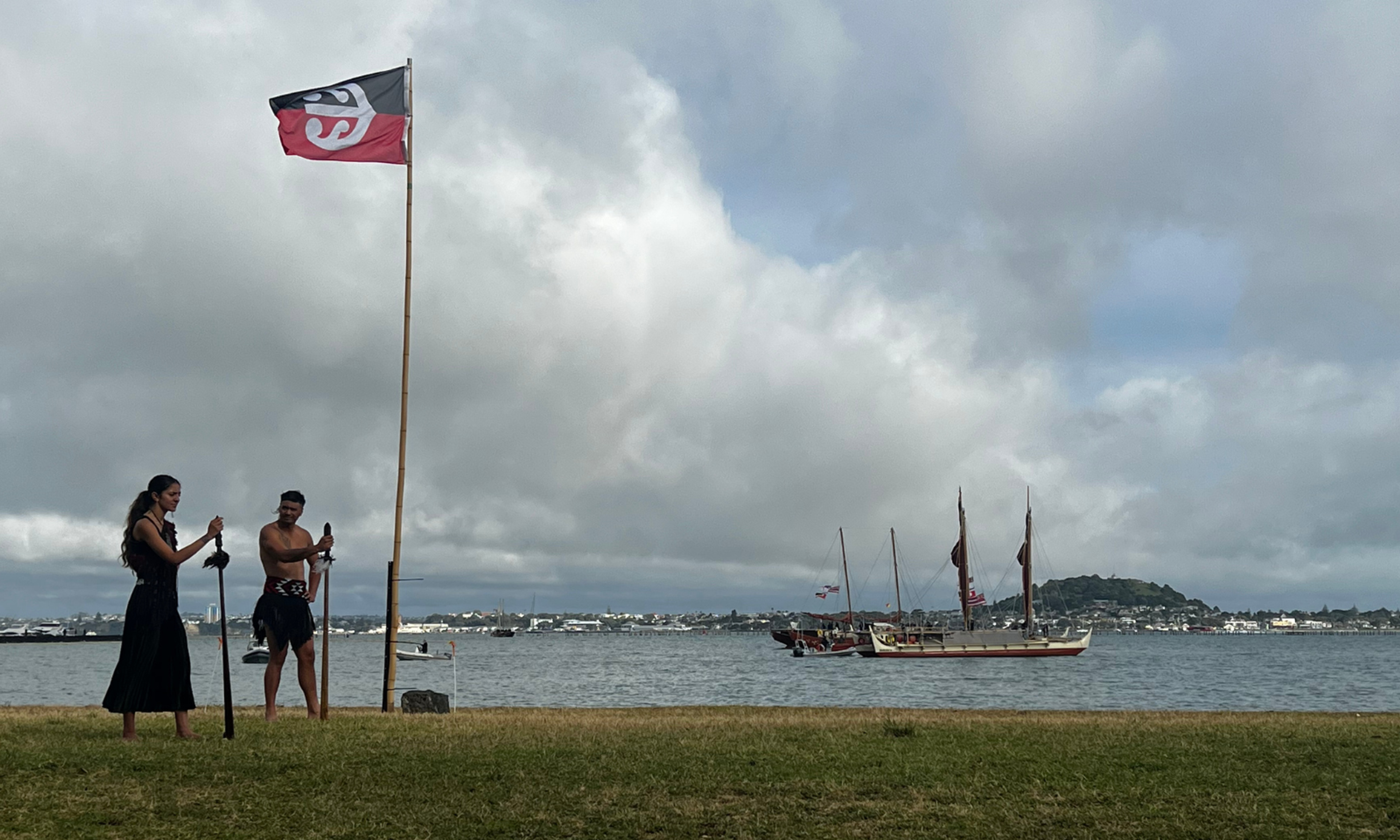

Having children is vital to preserving the human race, but in Aotearoa it’s becoming increasingly difficult.
Photo/Unsplash
My Perspective: Raising children in New Zealand shouldn’t be this hard
With rising costs, delayed care, and societal judgement, it’s time to support families before birth, not after a crisis.


Anchored in history: Hōkūleʻa returns to Auckland after 40yrs

Tonga’s fuel crisis worsens as daily life is disrupted and pressure mounts for answers

Hutt Valley author debuts a 90s coming-of-age Tokelau tale

Sāmoa Prime Minister bans nation’s only newspaper from government access

Anchored in history: Hōkūleʻa returns to Auckland after 40yrs

Tonga’s fuel crisis worsens as daily life is disrupted and pressure mounts for answers

Hutt Valley author debuts a 90s coming-of-age Tokelau tale
It shouldn't be this hard to have children. While it is vital to preserving the human race, unfortunately, in Aotearoa, the option of procreating is becoming increasingly difficult thanks to the rising cost of living, inadequate government policies, and sometimes even our own families.
That's why it was heartwarming to see the opening of Ki Tua o Matariki in East Auckland, an iwi-led hub in Glen Innes, the first of its kind. It's designed to support young parents, connecting them to social services and creating a space for collective healing and connection.
While I wasn't a teenage mum, having my son was a life-changing and sometimes isolating experience. At 24, I found myself holding a newborn, flatting, with no income, a body still recovering from an emergency caesarean, and a relationship that quickly disintegrated.
I'm forever grateful to my aunt, who took care of my son for weeks when I burned out, and to a Christian group called Gracegate, who wrapped their arms, literally and figuratively, around us.
They supported me when I had nothing left to give, and they loved my child when I couldn't. We need our village. We are designed to live in a community. While I agree that parents should be ultimately responsible for the choices they make and for raising their children, I don't subscribe to the Western ideal of parenting in isolation.
But beyond that, there are broader societal issues here in Aotearoa that disadvantage our children before they even take their first breath. Nearly half of all Pacific pregnancies don't engage with a midwife until after six months.
That delay has major health implications for both mother and baby, risks that could be mitigated with early access to proper care. In 2023, AUT's Pacific Islands Families Study revealed a heartbreaking link.
Children whose mothers experienced food insecurity during pregnancy did significantly worse at school. As midwife Valentina Kulitapa explained, food insecurity is often the beginning of a generational cycle of poverty.
Some initiatives are helping to break that cycle. Kahu Taurima is a programme for Māori and Pacific māmā offered across Auckland and the Hutt Valley. In Western South Auckland, enrolled patients at local doctors' clinics can access Mana 4 Mums through Tāmaki Health.
Listen to Khalia Strong’s Perspective on Facebook below.
These services offer parenting classes, information on car seats, help with booking scans, immunisations, and even support with contraception. The Pacific population is one of the fastest-growing ethnic groups in the country.
So we must be setting our children up to thrive in a future where one in five of us will have Pacific and Māori heritage. It's going to be awesome, but we must do something now to stem some of the horrific health and social statistics that linger in our communities.
And it starts before birth. We need more support programmes like Ki Tua o Mātariki that awhi (support) parents without judgement and equip them with tools to thrive. We don't need Whitney Houston to remind us that kids are our future.
They are our survival plan as a society and also our economic future. We need to eliminate the stigma around young and sometimes single parents. Most of all, we need to turn our hearts and policies towards children who didn't choose the circumstances they were born into.
That’s My Perspective.